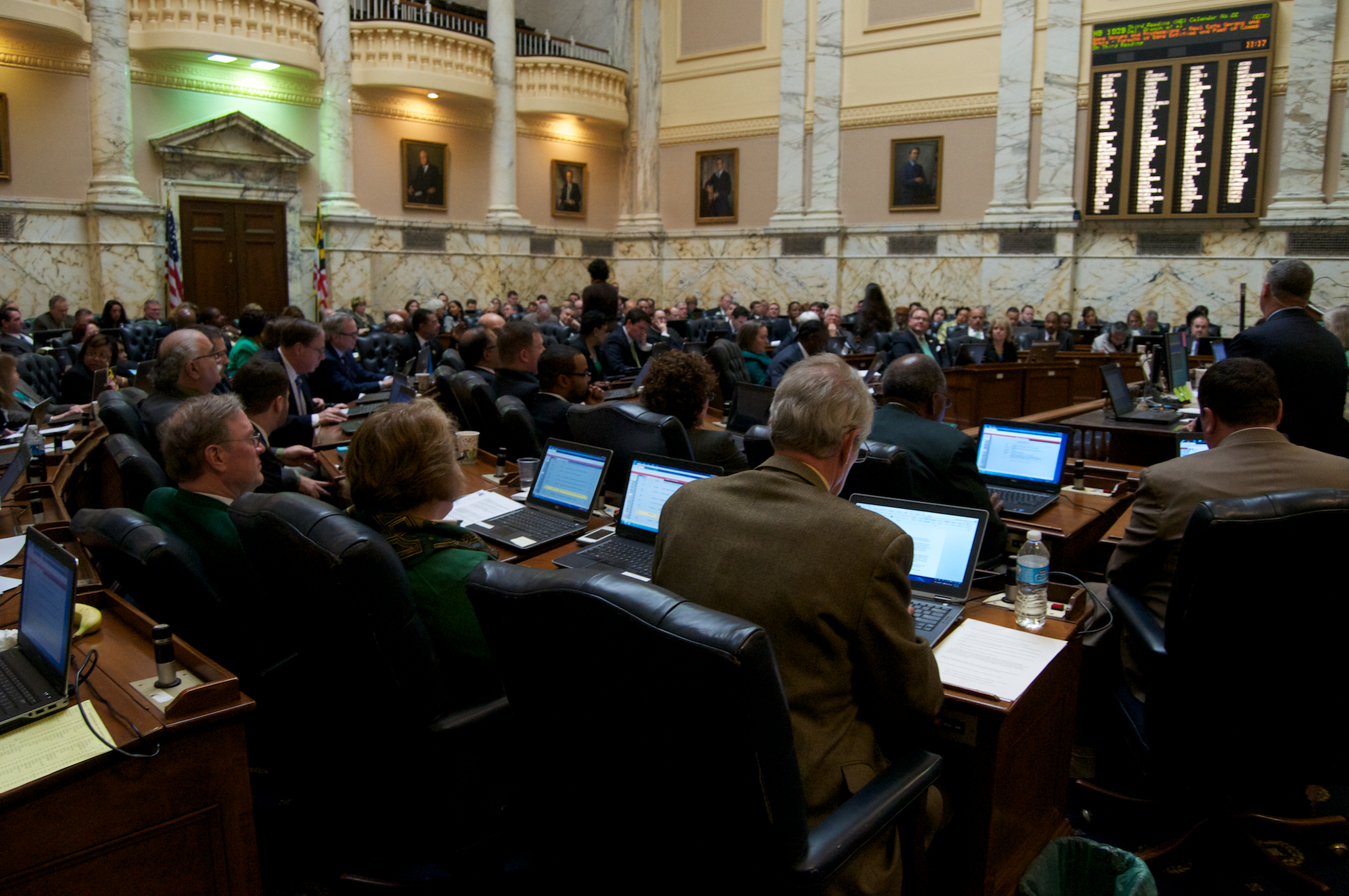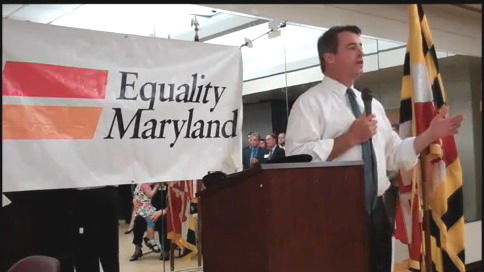By Megan Poinski
Megan@MarylandReporter.com
In order to beat the clock on a broadcast license that could expire, the Board of Public Works on Wednesday approved an eight-year contract with Motorola worth $345 million for broadcast interoperability – despite a pending protest.
Board votes split two to one on the contract, with Treasurer Nancy Kopp and Lt. Gov. Anthony Brown voting to approve it, and Comptroller Peter Franchot voting against. Franchot wanted to delay the vote on the contract until the protest from low bidder ARINC had been resolved.
The contract with Motorola to build a single communication network for all of the state’s first responders to communicate with — also known as interoperability — has been hailed as the state’s top Homeland Security priority by the O’Malley administration. The Federal Communication Commission has granted the state a license for a 700 megahertz broadcast signal for this project, and Maryland Department of Information Technology Secretary Elliot Schlanger said that the license is set to expire in January 2012. If the state does not utilize the license by then, Schlanger said, Maryland faces losing it.
With January 2012 about 14 months away, Schlanger said that time is running out to ensure that all of the necessary technical work is in place for the state to utilize the license before the deadline. He said that the impending deadline constitutes a substantial state interest.
“Where we are today, if we don’t hit the ground almost immediately, we are not going to be able to make our timeline,” Schlanger said.
The contract had been ready for approval in the early part of the year, Schlanger said. Then ARINC, which bid $306 million for the project, filed a protest in April. Schlanger said that while ARINC had the lowest bid, Motorola would provide better coverage. If ARINC were to match that coverage, its bid would have to be higher, he said.
ARINC’s protest was dismissed by the Board of Contract Appeals on Oct. 7. The second protest was filed after that, said Department of Information Technology counsel Douglas Carrey-Beaver, and has yet to be heard.
“It may take another six months,” Carrey-Beaver said, stressing the complexity of the technical contract.
Franchot said that many things about the contract bothered him. These included the fact that only about $50 million of the necessary funds have been identified, and that the contract is large, long-term, and with a single communication provider. But the pending protest gave him the most uncertainty.
“My concern is we are establishing a precedent that may work against us,” he said. “To say that the substantial state interest is timing, any contract can be held up with timing issues.”
Franchot made a motion to defer the contract until the next Board of Public Works meeting, and get a written opinion about it from the board’s counsel. It was not seconded.
Brown, sitting in for O’Malley on Wednesday, said that he understood Franchot’s point, but that the timing issue is at the heart of this contract.
“I don’t think that all delays are created equal, all postponements are created equal, and all deadlines are the same,” he said.
Kopp agreed with Brown, saying that the deadline makes the issue no longer one of procurement, but of ensuring the technology the contract would establish is in place. If the Board of Contract Appeals finds in favor of ARINC, she said, the Board of Public Works will have to deal with the decision then.
“We’ve been waiting for years to develop this system. Now it is the deadline,” Kopp said.
After the contract’s initial term, it can be renewed for up to seven more years, bringing the total worth to $485 million.
Since the state only has a small portion of the funding for such a massive project right now and is only working on the first phase, Schlager told board members that he will come back before them so they can review and approve the funding for future phases of the project.






Recent Comments